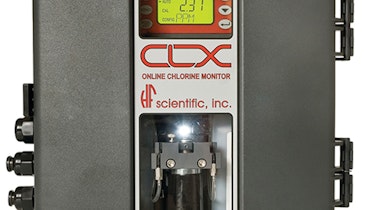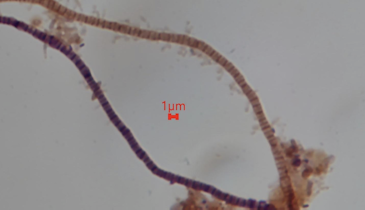Former football coach Lou Holtz could have been talking about Don Gariepy when he said, "Ability is what you're capable of doing. Motivation determines what you do. Attitude determines how well you do it."
Since June 2007, Gariepy has worked for the Charlotte-Mecklenburg (N.C.)...

















